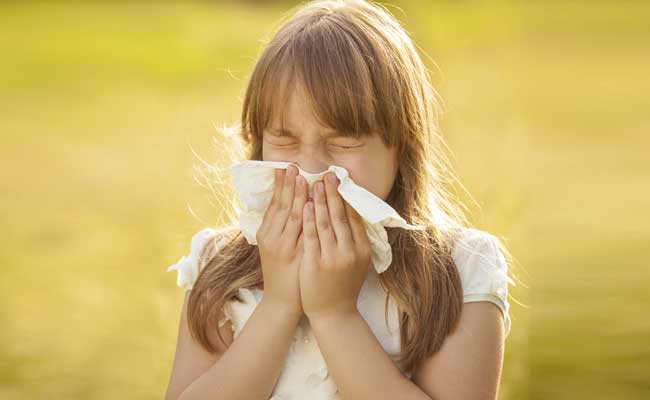Menu
Menu
The word “Ayurveda” means “the knowledge of life.” In Ayurveda, the process of ayu (life) is considered as a combined state of the body (sharira), senses (indriya), psyche (mana), and soul (atma).
The core value of Ayurveda is
“Swasthasya Swasthya Rakshanam, Aturasya Vikara Prashamanam”
The goal of Ayurveda is to protect and maintain good health in people who are already healthy, as well as to treat or cure diseases in people who are unhealthy or sick.
A) Common Ailments like Asthma, Allergies, gastric issues, acidity, flatulence, IBS etc
B) Life style Disorders like Anemia, Anxiety, Arthritis, Diabetes, Depression, High Blood pressure, kidney, Spondylitis & spine disorder. Lifestyle disorders are those that are associated with the way people live their lives. These are frequently caused by poor eating habits, a lack of physical activity, alcohol, drugs, smoking, and an unhealthful daily routine. Diet and lifestyle are important factors in the development of such diseases.
C) Women’s Health
Women’s health can suffer from a variety of problems at various stages of their lives. Throughout her life, every woman undergoes a series of physical and psychological changes. For many years, Ayurveda has provided a respectful and supportive approach to restoring and maintaining physical and psychological balance for women at all stages of life. Polycystic ovary syndrome (PCOS), adolescent girls’ menarche/puberty issues, premenstrual syndrome (PMS), female infertility, fibroids, menopause-related problems, urinary tract infection, thyroid issues, and psychological counselling.
An Ayurveda consultation is a holistic health assessment that takes into account a person’s current and past situations, body constitution, seasons, attitude, cravings, lifestyle, and so on.
To assess the current condition, the practitioner will use various Ayurvedic examination tools such as the pulse examination, tongue examination, and so on, as well as ask questions to understand the body constitution and analyse dohas and panchamahabhutas (5 elements).
Based on the assessment, the practitioner will do the following:
• We will make diet and lifestyle recommendations based on your unique constitution, season, and numerous Ayurvedic principles.
• We recommend herbs, Ayurvedic medications, and formulations based on the individual constitution, imbalances, age, and root cause.
• Yogasana or pranayama may be recommended.
During the consultation, the practitioner will employ trividha pareeksha, which translates to “three folds of diagnosis.”.
Darshana (inspection): Age, colour, structure, shape, size, skin, tongue, gait, and other factors.
Sparshana (Touch): Sparshan (palpation/percussion/auscultation or feeling with the sense of touch) includes nada pariksha/pulse examination, temperature, smoothness, and hardness.
Prashana: asking or inquiring about the constitution of the body, analysing dohas and panchamahabhuta (5 elements), and assessing current state and medical history.

🍃 Asthma
🍃 Allergies
🍃 Hyper acidity
🍃 Constipation
🍃 Flatulence
🍃 IBS
🍃 Jaundice
🍃 Recurrent Respiratory infections
🍃 Rhinitis, Tonsillitis
🍃 Bronchitis
🍃 Anemia
🍃 Anxiety
🍃 Arthritis
🍃 Diabetes
🍃 Depression
🍃 High blood pressure
🍃 Kidney Stone
🍃 Memory & Concentration
🍃 Spondylitis & spine disorders


🍃 Polycystic Ovary (PCOS)
🍃 Menarche/ Puberty related issues in adolescent girls.
🍃 Premenstural syndrome(PMS)
🍃 Female infertility
🍃 Fibroids
🍃 Menopause related problems
🍃 Urinary Tract Infection
🍃 Psychological counseling
Getting an accurate diagnosis can be one of the most impactful experiences that you can have.

Copyright © 2022. All rights reserved.